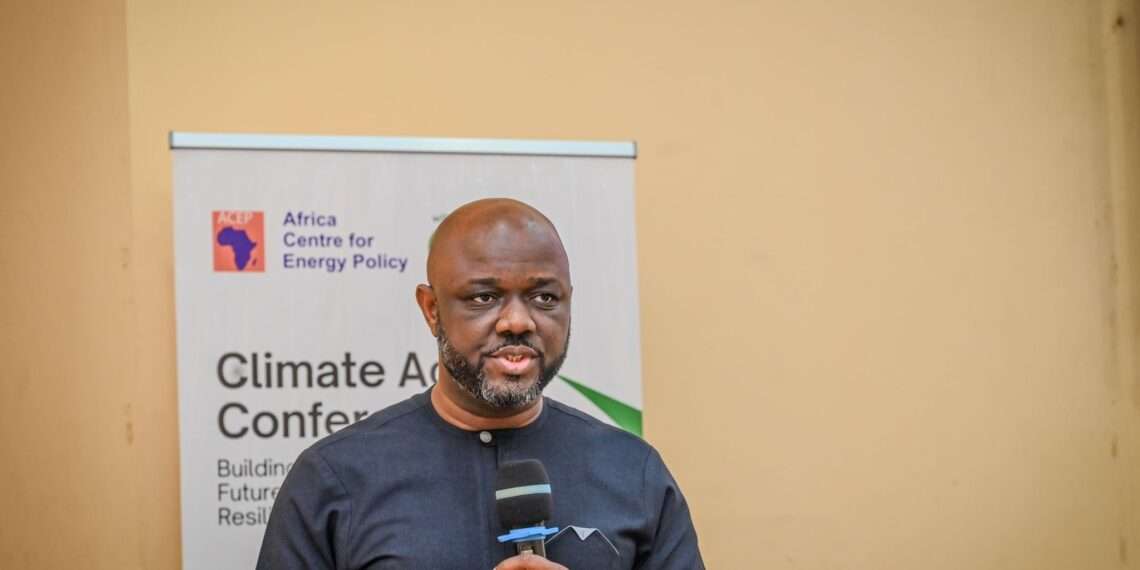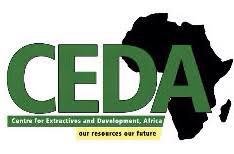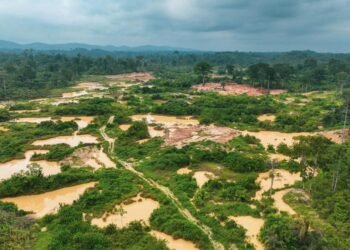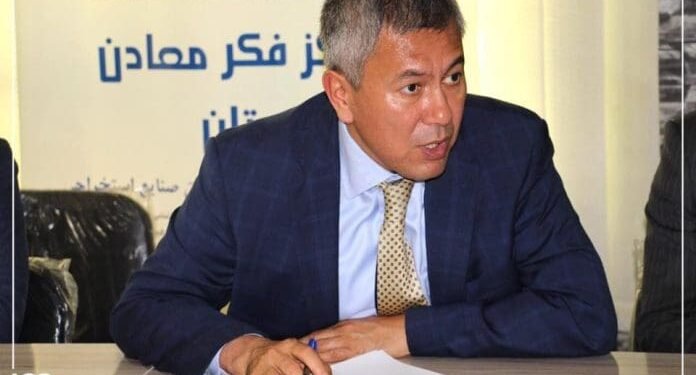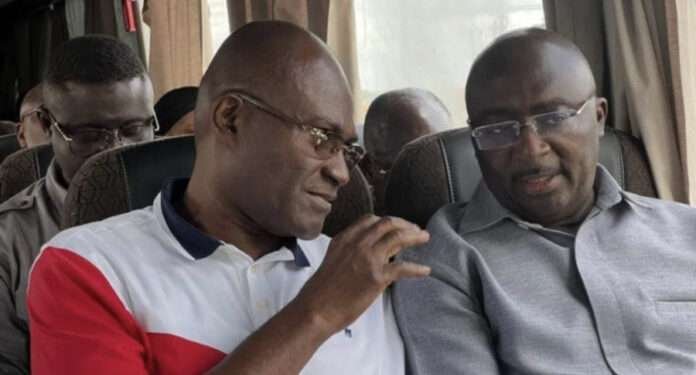The Africa Centre for Energy Policy (ACEP) has expressed support for the Ghanaian government’s decision to grant Abosso Goldfields Limited (AGL) a 12-month extension of its lease at the Damang Mine.
In a press statement signed by Executive Director Benjamin Boakye, ACEP described the government’s phased, consultative approach as “aligned with our call for dialogue, adherence to due process, and caution against sacrificing investor confidence at the altar of expediency,” referencing its earlier position outlined on April 17, 2025.
This decision, which awaits parliamentary ratification in May 2025, paves the way for continued open-pit mining and stockpile processing under joint management by government and company representatives.
Crucially, no final transfer of ownership will occur until the lease expires, ensuring a consultative and phased transition.
The lease extension comes at a critical time, as the government moves toward transitioning the Damang Mine into Ghanaian ownership.
While ACEP applauded the intent to boost local participation in the mining sector, it cautioned against romanticizing state-led control of a capital-intensive and high-risk industry without a robust operational framework.

“Mining is not just a patriotic endeavor—it is a technically demanding and financially intensive business.
“If the government plans to take operational control after the lease extension, it must clearly communicate how it intends to do so sustainably.”
Ben Boakye, Executive Director of the Africa Centre for Energy Policy (ACEP)
The government has previously indicated that institutions like the Minerals Income Investment Fund (MIIF) could play a role in this transition.
However, ACEP raised doubts about MIIF’s preparedness to manage full-scale mine operations, citing its core mandate of managing mineral royalties for investment rather than running extractive enterprises.
“MIIF may be the most convenient candidate, but convenience should not trump competence.
“There’s no evidence yet that MIIF has the technical or managerial readiness to operate a mine the size of Damang.”
Ben Boakye, Executive Director of the Africa Centre for Energy Policy (ACEP)
ACEP Urges Caution

A central concern flagged by ACEP is the significant funding requirement for Damang’s continued viability. Industry estimates suggest that over $600 million will be needed to sustain and expand the mine’s operations—capital that may not be readily available through government coffers alone.
“Any proposed takeover must convince the Ghanaian public of a credible financing strategy and operational plan.
“A staggered equity acquisition that shares risk with an experienced investor would be a far more prudent path.”
Ben Boakye, Executive Director of the Africa Centre for Energy Policy (ACEP)
ACEP’s remarks reflected broader industry concerns about the government’s capacity to manage mining assets without triggering a repeat of past missteps, particularly those experienced during the 1970s when state-owned enterprises faced chronic underperformance and resource leakages.
The think tank’s support for the lease extension is tempered by a broader call for transparency and stakeholder engagement.
ACEP emphasized that the future of Damang must be approached not just as a matter of national pride but through a pragmatic lens that prioritizes efficiency, investment credibility, and sustainability.
As the mining sector continues to play a critical role in Ghana’s economic development, ACEP urged the government to facilitate wider consultations with civil society, industry experts, and local communities to explore alternative ownership and governance models.
“There is room for innovation in how Ghana participates in its mineral wealth.
“That doesn’t mean taking on the entire operational burden but designing partnerships that truly deliver long-term value.”
Ben Boakye, Executive Director of the Africa Centre for Energy Policy (ACEP)
The next 12 months will be crucial as the government, Gold Fields, and other stakeholders work under a shared management framework to oversee Damang’s operations.
The period offers a unique opportunity to test collaborative governance structures and gather critical data to inform future decisions about the mine’s ownership and sustainability.
With the right strategies in place, Ghana has the opportunity to redefine resource management and build a mining sector that delivers long-term benefits for its citizens.
READ ALSO: Mahama Promises Revamp of Tema Oil Refinery Through PPP

